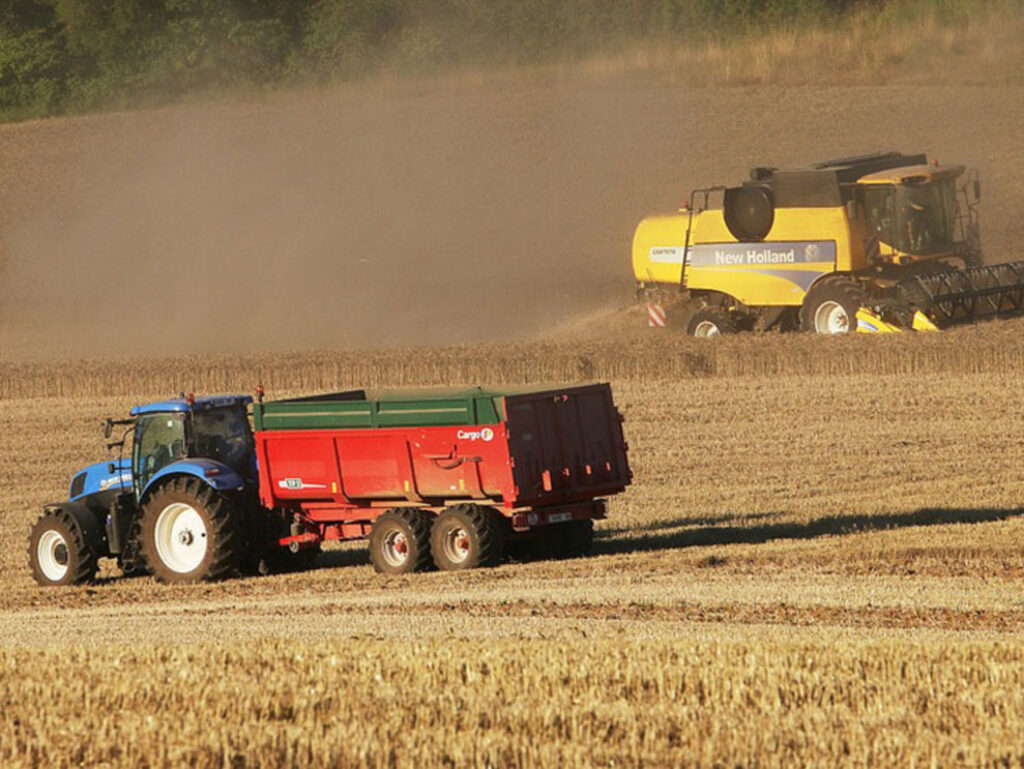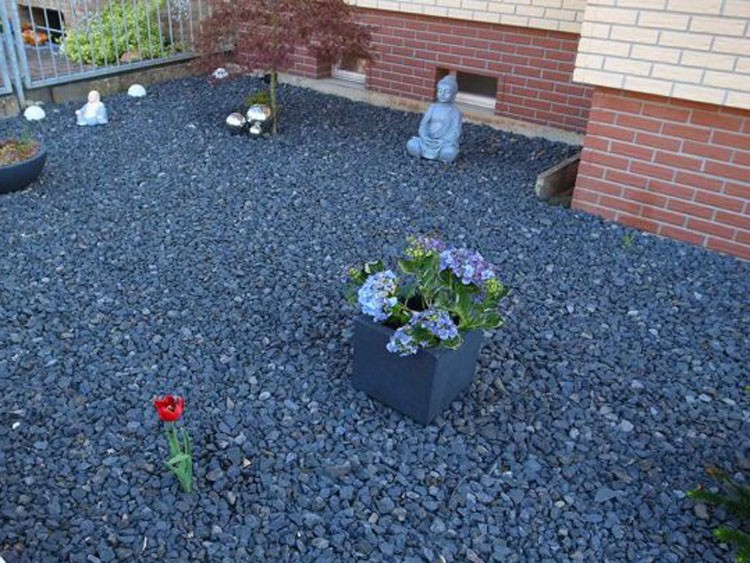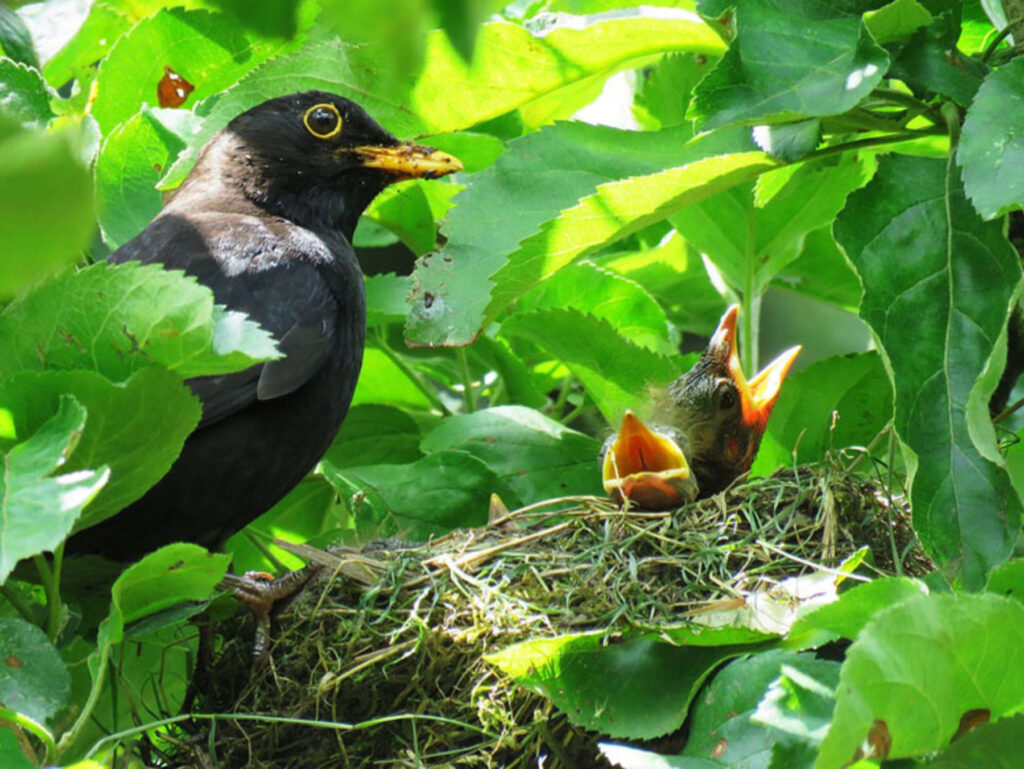Gardens and crops are part of nature – even the plants on your balcony or in your backyard. What can you do for wildlife species with your garden? And why are wild species important for a kitchen garden? And, what role can gardens play in helping us eat and live in a more environmentally friendly way?
Many people take care of a garden. Or they grow plants on their balcony, in their backyard, or on their windowsill. For example, flowers and flowering shrubs or fruits and vegetables, herbs and lettuce.
Unlike in earlier times, most people today do not need to grow anything edible themselves. Many take care of a garden or balcony plants because they enjoy it.
But gardens are important for nature and the environment. For wildlife, for example. And they can even help protect the climate!
Contents
Why are gardens important for nature?

There are almost no areas left untouched by humans. Only in a few protected areas are wild animals and plants completely undisturbed.
Wild animal and plant species therefore live in a landscape that has been shaped by us humans. Here they have to find food and shelter.
Many species live in settlement areas, i.e. in cities and villages. Green spaces in cities, for example, are habitats for insects and birds. Even in big cities, wild animals find shelter. In Berlin, for example, around 150 bird species have been counted that are endangered or threatened with extinction.
In cities and villages, green and gray mix. In addition to streets and buildings, there is usually a lot of green: parks and playgrounds and even traffic islands are part of the mix. When you grow plants in your garden or on your balcony, they become part of this green habitat.
Why are many gardens “deserts”?

In many towns and villages, most of the greenery is found in gardens and front yards. Small areas such as strips of lawn between houses are also part of this. So those who live here can shape this living space.
If you look around villages and towns, you will notice that there are very different preferences when it comes to designing gardens. Often, for example, you see short-cropped lawns. Some people even cover their front garden completely with gravel. Many also like exotic plants that are as low-maintenance as possible and green all year round.
From the point of view of native insect and bird species, such gardens are deserts. Here they find neither food nor shelter. Native insect species need native flowering plants. Native birds, in turn, eat these insects – or berries of native shrubs.
Why do native species need semi-natural gardens?

In contrast, natural gardens offer a lot for animals and plants: Food, hiding places and nesting sites. Native plants grow here as much as possible, so that insects and birds find plenty of food.
It is helpful if a garden is as diverse as possible. Hiding places and nesting sites can be found, for example, in cracks in walls, hedges, under brushwood piles or in the hollows of old trees. So it’s not a bad thing if the garden also looks “untidy”. Animals need these wild corners.
It is also important to avoid using pesticides and plant protection products.
A garden that is close to nature invites wildlife. It becomes part of a larger habitat. Wild bees that nest in the cracks in the walls of old houses will find flowers in which to gather food. Birds that eat berries in the park next door nest in the hedge. Hedgehogs slither from garden to garden at night, hunting slugs in the vegetable beds.
For some species, gardens are becoming increasingly important because they are finding fewer and fewer suitable habitats elsewhere. Blackbirds and robins, for example, are becoming fewer and fewer in forests, and can be seen more often in gardens and parks instead. Hedgehogs, too, are thought to be living less on forest or field edges, but instead mainly in gardens.
Climate protection to eat: Fruit and vegetables from your own garden
The greenery in the garden or on the balcony can also bring practical benefits to us humans. If you grow your own vegetables, fruit or herbs, you not only harvest inexpensive and tasty food. You also learn a lot about food and the interrelationships in nature.
Fruit and vegetables from your own harvest are also good for the environment and the climate. In contrast to food from the supermarket, much less energy is used before it reaches your plate.
Gardening close to nature: How can I get started?
With small steps you can start to do more for nature in your own garden or on the balcony.
In your own garden, you can start with the lawn and beds. Instead of mowing the lawn frequently and keeping it short, you can let it become a flowering meadow. Even small islands or strips will help. The important thing is to keep the plants there long enough to bloom. To quickly create more diversity, you can sow special meadow seed mixtures.
If you don’t have your own garden, you can already start with a window box of bee-friendly plants. Some herbs and flowers are especially valuable for wild bees and other insects. You can find tips for this here at ÖkoLeo.
If there are vacant lots on the grounds of your school or near your home, you may be able to do something for wildlife and plants there, too. If you don’t have a school garden yet, ask your teacher if you can start a garden project. If there is already a school garden, you can sow a bee pasture or plant insect-friendly shrubs in additional areas, for example.
There are also often vacant lots around apartment buildings. Residents can design these areas with the permission of the building management. Perhaps you and your parents can find neighbors who would like to plant a garden or a bee pasture there?

